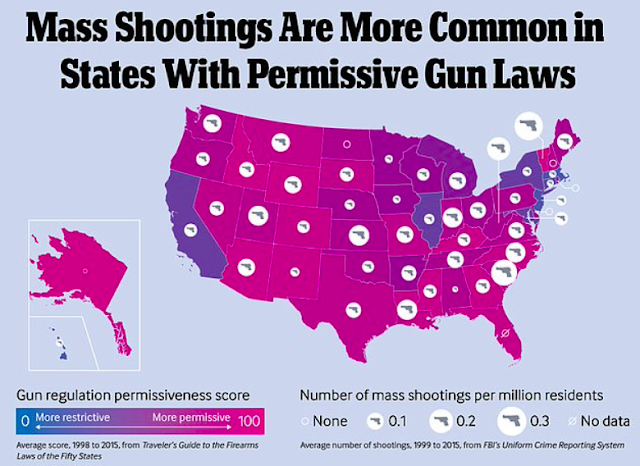Sociological Epilogue
As our course lessons end, I want to leave with some final sociological wisdom. Much of what we learned may resonate with you more over time and so I hope that you take lessons with you and find them beneficial as you go forth. That is one reason why I use this blog - it is here for you to consult even after your LUC and Sakai accounts are long gone.
First, as we started the semester with a mindful meditation, be mindful of yourself. You have been shaped by forces beyond your control. So, be kind to yourself. You are your own best advocate and friend. Keep yourself in your own thoughts and be aware of your own needs. Make time to spend quietly with yourself. Make time to detach from your socialization and just be; listen for the silence. Recall that our lessons were meant to help you do all of that. But you also have the sociological awareness now to realize that you can have some say in who you become by choosing your ingroups. We know that our group memberships will influence us whether we want them to or not - so choose friends that inspire you to be the person who you want to be. Join groups that challenge you to grow in ways that you want to direct your own growth. Remember that every moment is new and you are not static. You are growing and changing.
And mindfulness leads us to the realization that you matter to others so be aware of the influence that you contribute to. This may seem trite, but it is in fact our reality. From quantum physics to epigenetic biology to sociology to theology, the more we learn, the more the research is clear – we all affect each other. We were created with a power and a need to connect with others. Whether it is our family, friends, our school, our culture, strangers sharing this planet with us or generations of people long before and long after us - we are connected to them.
Having an understanding and awareness of social influence has helped me to be more understanding and forgiving of other people around you because even if I do not agree with them, I know others have been influenced by forces beyond their control. Sociological mindfulness reminds me to be kind. Each person is part of a multitude of groups that have been shaped by social forces, but each person has a unique identity. It is a sociological paradox that we recognize the forces that shapes us all similarly at the same time that we recognize the individual identity uniquely held by each individual.
Personal evaluation.
Please fill out this anonymous course evaluation which helps me tweak the class to make improvements based on student feedback. I really value your feedback and I want to continue to make sure that the course serves students the best it can. Here is my own end of course survey.
LUC evaluation
LUC also administers a course evaluation. This is one way that the university evaluates my class and another data point for myself to continually improve my classes. It is anonymous. Please complete the survey when you have a chance - I believe that it is accessible in yourSakai or Locus.
Please login using this link: https://www.smartevals.com/entry.aspx?s=luc
- Your username is your Loyola UVID.
- Your password is the same that corresponds with your UVID. (If you have trouble signing in, please try using a different browser or clear your browser's cache and cookies.)
10:00 Course Evaluation:
8:30 Course Evaluation:

















